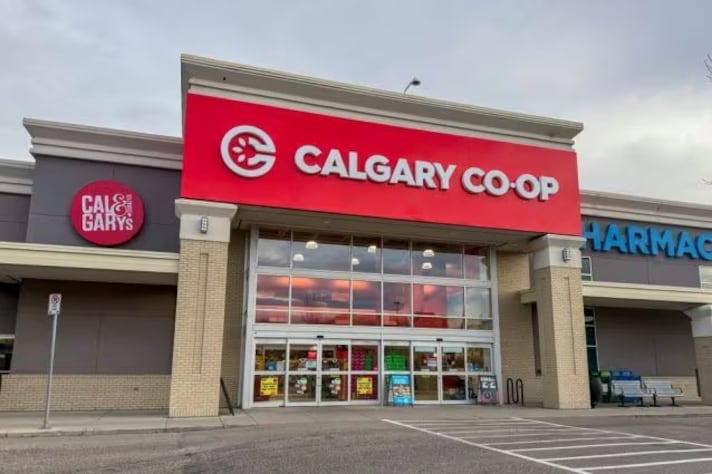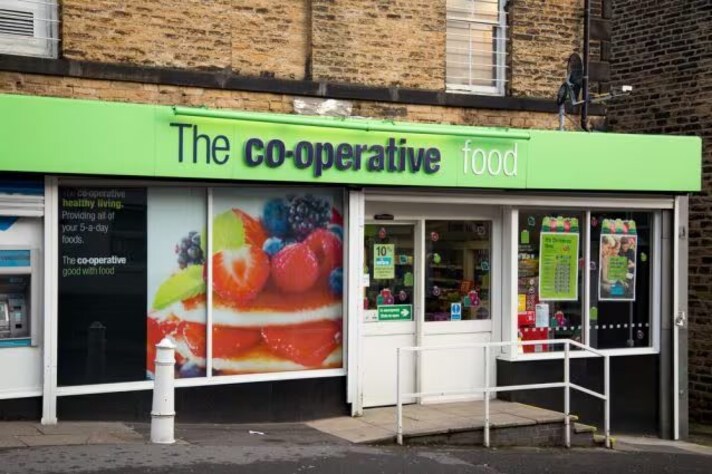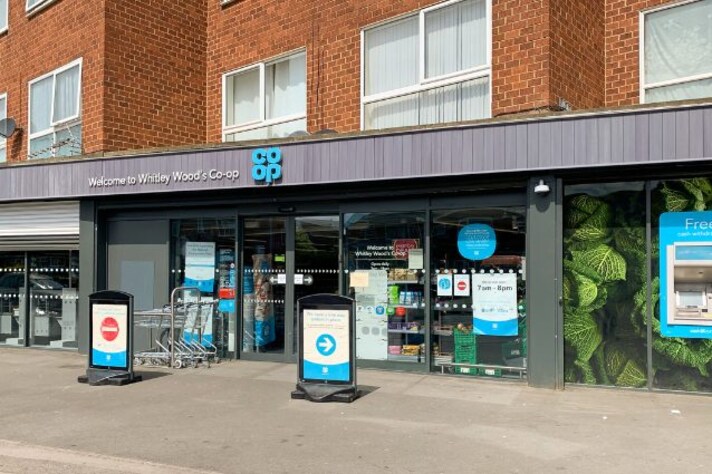What is a Food Co-op, How Does it Work and Why You Should Join One?
Born in the USA, they are increasingly wide-spreading in the rest of the world, self managed supermarkets are a new attempt at more sustainable distribution. They are called food co-ops and they are real cooperative supermarkets, community emporiums where everyone does their part.

Imagine a supermarket that looks like a convenience store, where members are customers, owners and managers at the same time. It is not a utopia but a reality that is becoming increasingly widespread, that of self-managed supermarkets.
Born in the USA several years ago, today "food co-ops" are starting to gain more and more foothold in the rest of the world. The credit for their success is a completely new shopping experience that enhances not only people but also distributors: on the shelves, in fact, you will find only organic and sustainable, seasonal, 0km and fair trade products.
And even if hypermarkets and supermarkets remain the channel that still conveys majority of organic sales, research data ensures that consumers are increasingly attentive and sensitive to the sustainability of the products they purchase: sales of organic products grew by +9% and 78% of customers believe that the situation regarding the environmental emergency and climate change is critical.
What are Co-ops and Where do They Originate?
Self-managed supermarkets are a proposal that comes from the United States of America, in particular from New York: the very first food co-op was born in Brooklyn in 1973 from the idea of a small group of local activists.
The concept was to create a cooperative supermarket, which was collaborative and self-managed, open only to members but which everyone could join without distinction. Born as a small neighborhood project, the Park Slope Food Coop today boasts more than 17,000 members and is also the protagonist of a documentary film that tells its story (Food Co-op by Tom Boothe).
The data also speaks clearly: this New York reality today achieves an annual turnover of around 19.4 million dollars, prices are on average 40% lower than market prices and each family saves on average 250 dollars a month, around 3,000 dollars per year.
Only in recent years has the American model been replicated in Europe, starting from Paris and Brussels and then expanding first to Spain and then also to Italy, where several virtuous examples of self-managed supermarkets have now taken hold in cities such as Bologna, Parma, Cagliari, Ravenna and, recently, also Milan.

How Do Self-Managed Supermarkets Work?
Forget how the classic supermarket works: food co-ops are a completely different consumer experience, which we can define as self-managed by those who frequent them. First you need to become a member. It is in fact a real food cooperative, non-profit and therefore makes use of volunteering, economic aid, crowdfunding, etc.
Once the required fee has been paid (refunded in the event of leaving the cooperative), members can shop in the emporium, becoming customers and owners of the shop at the same time. In exchange they are only asked to work three hours a month, carrying out tasks that allow the shop to function: arranging the shelves, placing product orders and essentially, carrying out those tasks that are the responsibility of supermarket clerks.
Precisely thanks to this system of total self-management the shop is able to apply affordable prices, since the only out-of-pocket expenses are the rent and the premises, bills and basic management costs, and to ensure the producers receive the right remuneration.
A fundamental part of the self-managed supermarket concept is precisely the quality and ethics of the products, certified by a sort of specification to which the suppliers adhere: bi signing, they ensure not only information on the product and the supply chain of origin, but also ensure localism, seasonality and attention to the environment, all fundamental values in the self-managed supermarket.

What You Can Find for Sale in Self-Managed Supermarkets
The food co-op is practically the evolution of solidarity purchasing groups, only with greater usability and a greater range of products. On the shelves of a self-managed supermarket you will first of all find fresh fruit and vegetables, certified organic and local and grown with sustainable farming practices.
Ample space is also given to producers of cured meats and cheeses, but also to bulk products: pasta, cereals, dried fruit, legumes, biscuits and much more, chosen by the members themselves, always following the common thread of being mostly local, organic and sustainable products. Furthermore, by selling products in bulk you are also encouraged to help the environment by reducing the use of plastic packaging that is difficult to dispose of.
There is also no shortage of wine, beer and drinks, personal hygiene and home care products always chosen following the same criteria of a proposal that is as organic as possible and a more sustainable distribution of products.
What are The Benefits of a Food Co-op
Food cooperatives, or food co-ops, offer a range of benefits that stem from their community-oriented, member-owned model. One of the primary advantages is the emphasis on providing access to high-quality, locally sourced, and often organic products that support sustainable agricultural practices. This not only helps to reduce the carbon footprint associated with long-distance food transport but also ensures that members have access to the freshest ingredients.
Additionally, food co-ops often reinvest profits back into the local community, supporting local farmers, small producers, and community projects, thereby fostering a stronger, more resilient local economy. Members of a co-op typically have a say in the business, from the products stocked to the practices adopted, which promotes a democratic approach to grocery shopping and management. This sense of ownership and community involvement is not just about food; it's about cultivating a space that aligns with the values of sustainability, equity, and mutual aid.

What are The Differences Between a Grocery Store and a Food Co-op
The differences between grocery store and food co-ops extend beyond their business models; they reflect in their operational values, sourcing policies, and community engagement.
Grocery stores are usually larger, for-profit entities that focus on maximizing shareholder value. They tend to prioritize a wide range of products, competitive pricing, and convenience. In contrast, food co-ops are not-for-profit or cooperatively owned organizations that prioritize the welfare of their members and the local community over profits. This often translates into a more curated selection of goods that emphasizes local, sustainable, and ethical sourcing.
Co-ops are also known for their commitment to environmental sustainability, often implementing green practices in their operations and offering bulk buying options to reduce packaging waste. Moreover, while supermarkets are typically managed by a centralized corporate structure, co-ops operate democratically, giving members a voice in decisions ranging from product selection to investment in community projects. This fundamental difference in ethos and operation leads to a shopping experience that not only feeds the body but also nurtures the community and the planet.
;Resize,width=767;)
;Resize,width=712;)
;Resize,width=712;)

